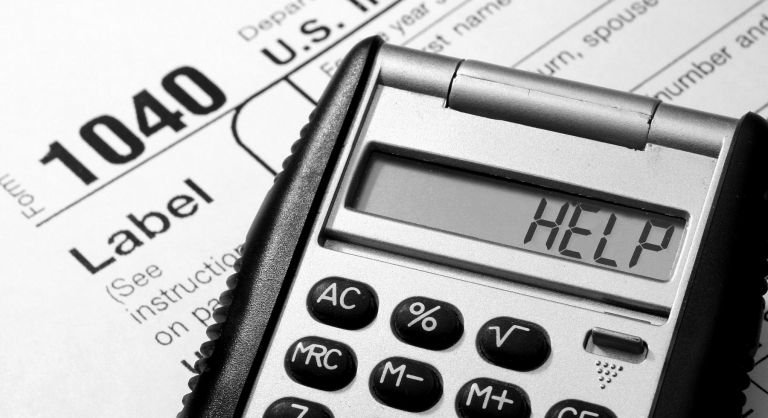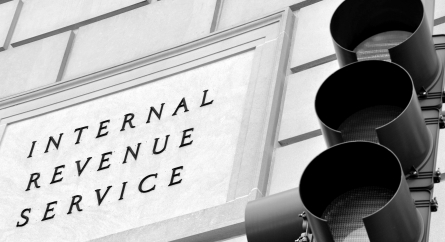The IRS Reminds All Taxpayers They MUST Check Virtual Currency Box
The question asks “At any time during 2021, did you receive, sell, exchange, or otherwise dispose of any financial interest in any virtual currency?” The taxpayer must check either “yes” or “no.” All taxpayers must answer this question even if they did not engage in virtual currency transactions.
The IRS notice further explains when a taxpayer should answer “yes” versus “no.”
When taxpayers can check “No”
Taxpayers who merely owned virtual currency at any time in 2021 can check the “No” box when they have not engaged in any transactions involving virtual currency during the year, or their activities were limited to:
- Holding virtual currency in their own wallet or account.
- Transferring virtual currency between their own wallets or accounts.
- Purchasing virtual currency using real currency, including purchases using real currency electronic platforms such as PayPal and Venmo.
- Engaging in a combination of holding, transferring, or purchasing virtual currency as described above.
When taxpayers must check “Yes”
The list below covers the most common transactions in virtual currency that require checking the “Yes” box:
- The receipt of virtual currency as payment for goods or services provided;
- The receipt or transfer of virtual currency for free (without providing any consideration) that does not qualify as a bona fide gift;
- The receipt of new virtual currency as a result of mining and staking activities;
- The receipt of virtual currency as a result of a hard fork;
- An exchange of virtual currency for property, goods, or services;
- An exchange/trade of virtual currency for another virtual currency;
- A sale of virtual currency; and
- Any other disposition of a financial interest in virtual currency.
Some experts warn that taxpayers may be setting themselves up for bigger problems with the IRS if they answer incorrectly.
We earlier discussed the IRS crackdown on cryptocurrency cheats.
Categorized: Taxes
Tagged In: cryptocurrency, Taxes











